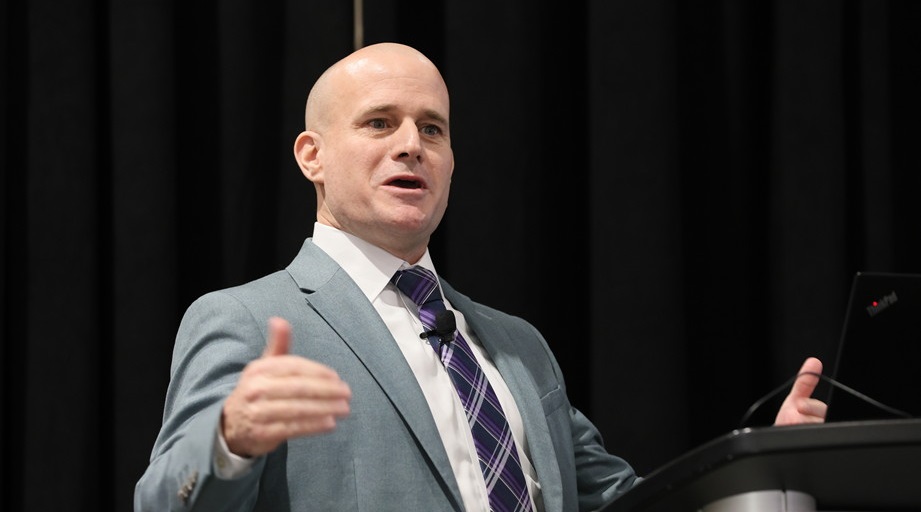
ASHP and the End Drug Shortages Alliance (EDSA) are pleased to announce the appointments of April Giles as the EDSA executive director and Christine Whong, PharmD, BCPS, as program manager.
Giles joins EDSA as an experienced executive leader with a background in life sciences and business development. She most recently served as vice president of business development at the Fitzsimons Innovation Community in Aurora, Colorado, where she led strategic innovation and communication. She has also served as former president and CEO of the Colorado BioScience Association. Giles will begin her role as executive director on Aug. 6.
Whong brings nearly a decade of experience as a drug information editor at AthenaHealth/Epocrates in Austin, Texas. She also served as an assistant professor of pharmacy practice at the Feik School of Pharmacy, University of The Incarnate Word in San Antonio, Texas, and as a clinical pharmacy specialist in medical critical care at Memorial Hermann – Texas Medical Center in Houston, Texas. Whong earned her Doctor of Pharmacy degree from the West Virginia University School of Pharmacy and completed a postgraduate year 1 and postgraduate year 2 critical care residency at the University of Virginia Health System. She is also a board-certified pharmacotherapy specialist. Whong began her role on June 23.
As the executive director, Giles will oversee the alliance’s mission of ending drug shortages. Whong will work closely with the executive director to plan and execute Board-directed strategies, tactics, and programs that support the EDSA vision, mission, and objectives.
EDSA and ASHP, as a founding member of EDSA and advisory board member, previously announced a partnership to recruit and employ EDSA leadership.
“We are thrilled to have April Giles and Christine Whong join the End Drug Shortages Alliance, said ASHP Chief Operating Officer and Senior Vice President and EDSA advisory board member Kasey K. Thompson, PharmD, MS, MBA. “Their combined expertise in leadership, strategy, and pharmacy practice will be invaluable as we work together to tackle the complex challenges of drug shortages in our country.”
EDSA is dedicated to solving drug supply issues by working to increase transparency, quality manufacturing, and the production of additional supplies of medications. Since its launch in December 2021, EDSA has grown to a nonprofit organization of 87 member organizations with more than 297 active participants that include healthcare providers, pharmaceutical manufacturers, suppliers, distributors, group purchasing organizations, and others.
“We are delighted to have the strategic leadership experience that Giles brings to this role as our inaugural executive leader,” said Terri Wilson, EDSA board chair. “The timing is perfect, with the addition of Giles and Whong to our engaged and vibrant board, to advance our mission of ending drug shortages.”
Learn more about EDSA’s mission at EndDrugShortages.org.
About ASHP
ASHP is the largest association of pharmacy professionals in the United States, representing 60,000 pharmacists, student pharmacists, and pharmacy technicians in all patient care settings, including hospitals, ambulatory clinics, and health-system community pharmacies. For over 80 years, ASHP has championed innovation in pharmacy practice, advanced education and professional development, and served as a steadfast advocate for members and patients. In addition, ASHP is the accrediting body for pharmacy residency and technician training programs and provides comprehensive resources to support pharmacy professionals through every stage of their careers. For more information, visit ashp.org and ASHP’s consumer website, SafeMedication.com.
About End Drug Shortages Alliance
The End Drug Shortages Alliance is a collaboration of healthcare industry stakeholders, including providers, group purchasing organizations, manufacturers, distributors and other industry thought leaders dedicated to solving the pharmaceutical supply challenges that disrupt access to essential medications in the U.S. We prioritize initiatives focused on transparency, quality, redundancy and production of additional supply to achieve undisrupted access to essential medications for healthcare providers and patients.









